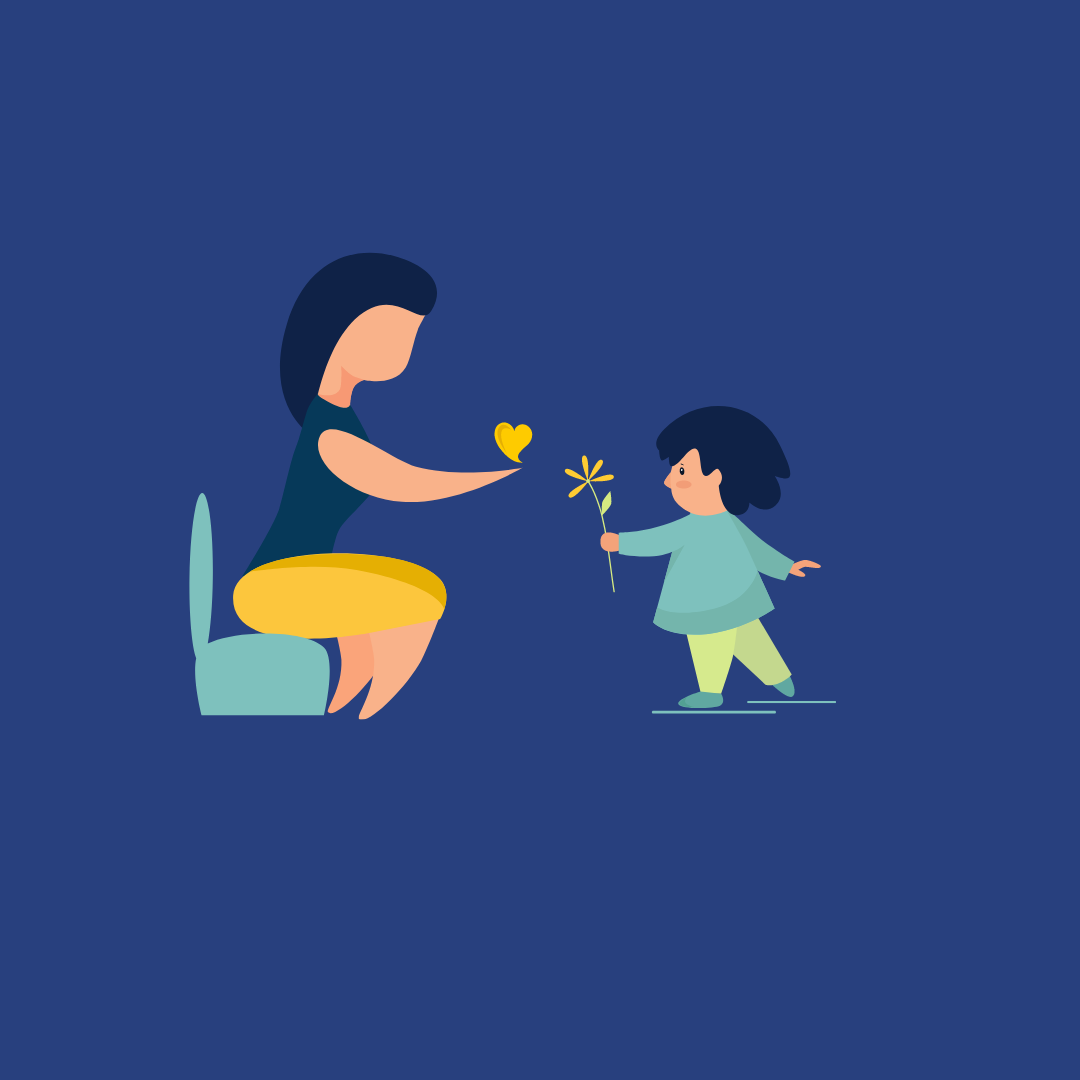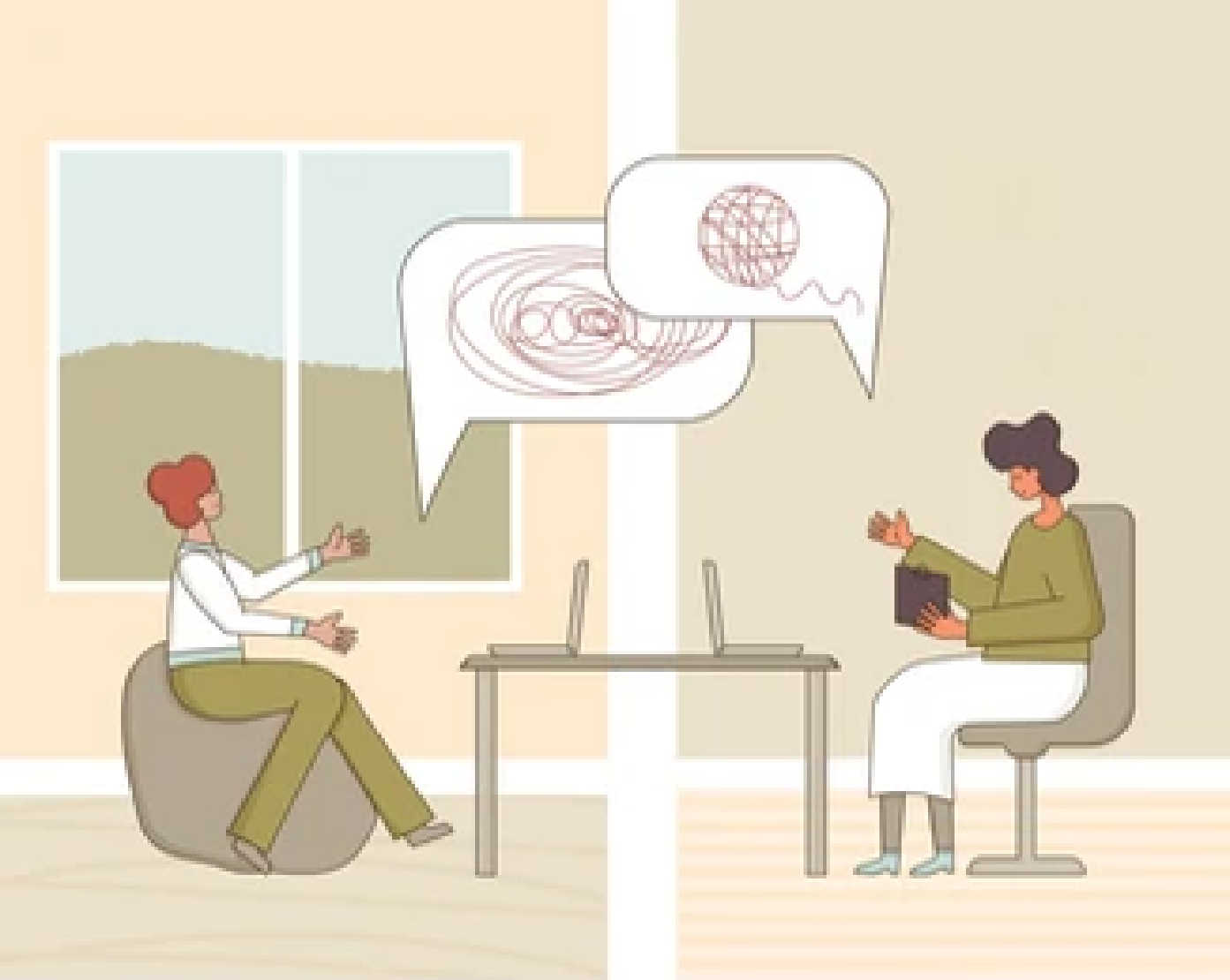
MIND - A TOY OF THE ABSOLUTE
The twelfth session of Chinthana, by Dr. Krishna Dutt, was about the topic, ‘Mind is a toy of
the absolute’. He narrated a story to begin with, where a saint visits a village and asks one of
his disciples to chant a mantra without thinking of a monkey. Undoubtedly, the disciple
couldn’t refrain from thinking about a monkey. Dr. Dutt spoke about this mind and shared
his insights on this intriguing topic for the week.
Excerpts from the session:
✔ The mind has two different connections and acts as a gateway; one is phenomenal
awareness, more transactional through sense organs; the second is to connect with
consciousness, it is transcendental. Most of our activities are associated with the first
one which is transactional.
✔ Mind and body are complex connections. The body has two functions – survival and
procreation. An individual’s mind is usually occupied in these two functions that the
self-realization process doesn’t happen. It gives rise to ego and then to the
perceptual dilemma (which talks about nothing being permanent). Here, ego aspires
for permanence.
✔ An individual has to deconstruct his limitless ego and decondition his thinking, to
experience transcendental awareness through the journey of ‘knowing’ to ‘being’.
✔ The mind has few limitations;
⮚ The way it receives information, tubular vision.
⮚ The range of information, cannot receive infinite information.
⮚ The way it processes information.
✔ The Bhagavad-Gita Chariot depicts the chariot as our body, the horses are our sense
organs, the Saarthi (the mind) is our speed controller (buddhi), the person sitting in
the chariot is the ‘self’,’ soul’ or ‘consciousness’.
✔ The mind has to listen to the inner voice, and then intellect will guide the mind,
otherwise, the mind becomes subservient to the intelligence and becomes powerful.
The mind should not be our master.
✔ When the mind decides to do something, it can state reasons to perform that
particular task with the help of its intellect. When we give more importance to our
mind it becomes powerful by making intellect it’s assistant.
✔ Deconstruction of ego is about increasing the boundaries of ‘me’ and ‘mine’ to bring
inclusiveness. This helps to increase our acceptance of individual differences too.
Practice spending time alone every day to understand ourselves. Thinking peacefully
lets us hear the inner voice.
✔ The response is more important than reaction which helps to listen to our inner voice
peacefully and thoughtfully. Thoughts are powerless without our reaction. The more
we try to fight with the thoughts to avoid them, the more they become stronger.
✔ All these have to be taught from childhood, and parents can set themselves as
examples by practicing them in their lives. ‘Man hi budh hai aur man hi maya’.





